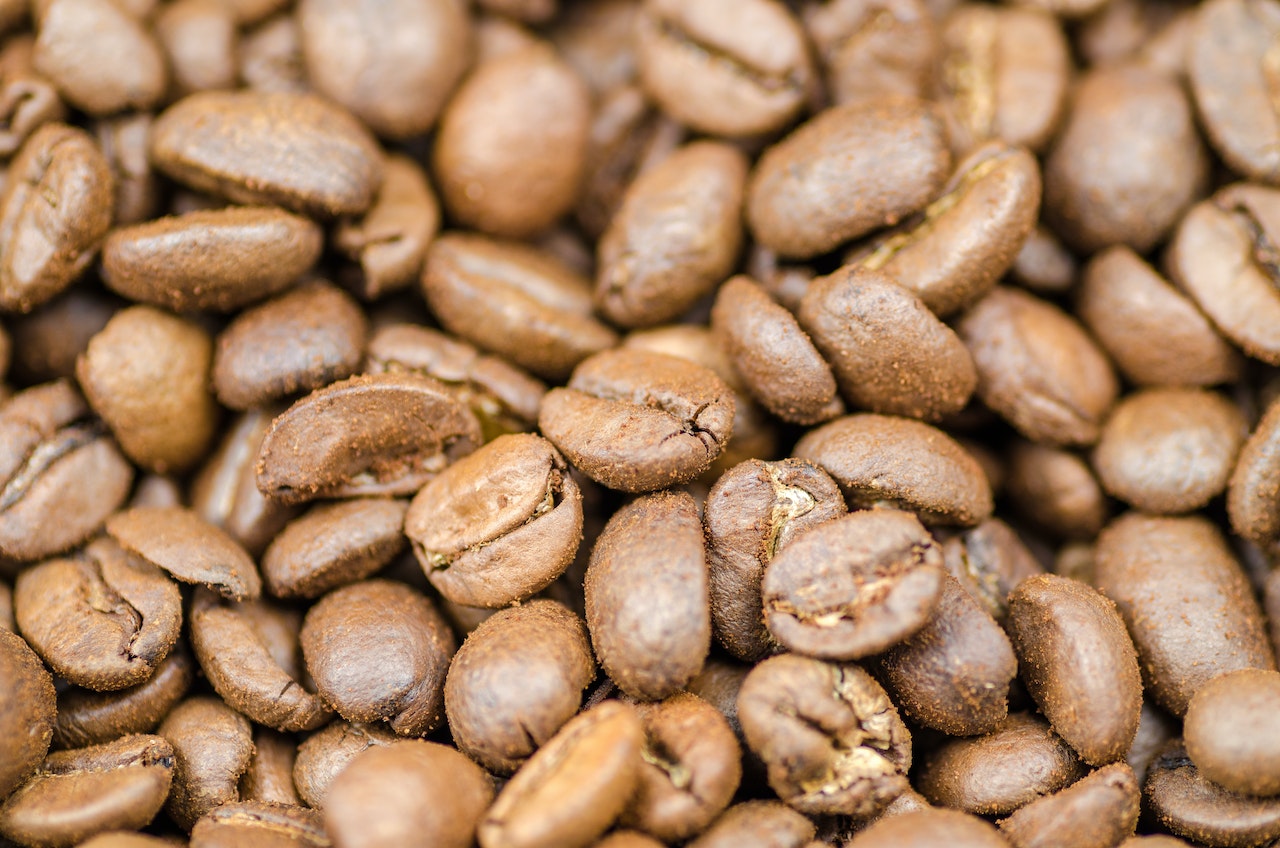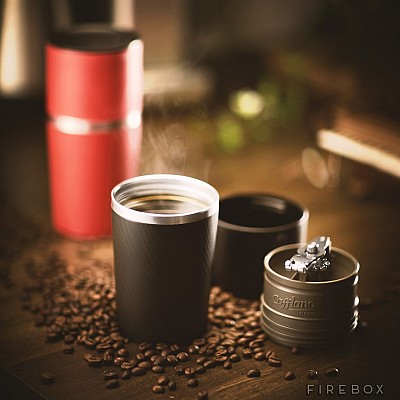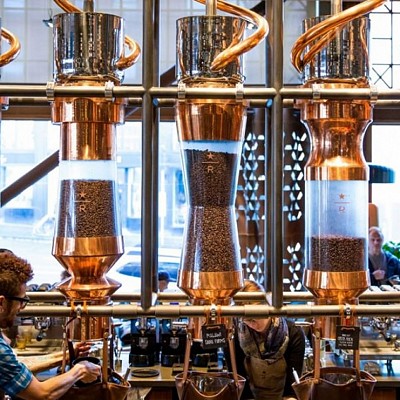Colombian coffee, often referred to as the finest coffee in the world, owes its reputation to a combination of geographical advantages and the enduring traditions of its growers. Nestled in the Andes mountains, the verdant Colombian landscapes provide an optimal coffee-growing climate, featuring rich volcanic soil, steady rainfall, and consistent temperatures. Colombian coffee near me: 10151 W Colonial Dr, Ocoee, FL 34761
The Colombian Coffee-Growers Federation, established in 1927, has played a crucial role in maintaining high quality and sustainability standards. Colombia's rural coffee-growing communities, sometimes comprising several generations of families, diligently adhere to traditional methods of cultivation and processing, thus ensuring the legacy of Colombian coffee.
Colombian Coffee Shop: Mecatos Cafe & Bakery
The Flavor Profile of Colombian Coffee
Colombian coffee is cherished for its mild yet distinctive taste that sets it apart. The flavor, generally well-balanced, leans towards a medium to high acidity but without excessive sharpness. The coffee often carries hints of nutty or fruity undertones, with a hint of a caramel or chocolate sweetness.
This unique flavor directly results from the country's altitude and climate. Coffee plants thrive in Colombia's coffee-growing regions, namely Antioquia, Cauca, Huila, and Santa Marta, each contributing subtly different flavor profiles due to their microclimates.
The Harvest and Processing Method
Its meticulous harvest and processing methods show the commitment to excellence in Colombian coffee. Unlike large-scale industrial operations, Colombian coffee is primarily harvested by hand. This labor-intensive approach ensures that only the ripest cherries are picked, optimizing the flavor of the beans.
Once harvested, the coffee cherries are de-pulped to remove the outer skin, leaving behind the beans enclosed in a sticky layer of mucilage. These beans then undergo fermentation, a critical step contributing significantly to the coffee's final taste profile. Fermentation can last anywhere from 12 to 48 hours, depending on the altitude and weather conditions.
Post-fermentation, the beans are thoroughly washed to remove the remaining mucilage and then laid out to dry under the sun. This sun-drying process can take up to two weeks, requiring constant monitoring and turning off the beans to ensure they dry evenly and prevent mold growth.
The final step before export is hulling, where the dry parchment layer enclosing the coffee beans is removed, revealing the green coffee beans beneath. These beans are then sorted and graded based on size and color before being packed for export.
The Colombian Coffee Experience
Enjoying Colombian coffee is more than just a caffeine boost; it's an immersion in a rich heritage of flavor and tradition. The combination of unique growing conditions, traditional methods, and a commitment to quality results in a uniquely Colombian coffee experience.
Whether enjoyed as a full-bodied espresso or a smoother filter coffee, Colombian coffee invariably delivers a satisfying taste experience that is both robust and nuanced. This vibrant and flavorful coffee, brewed from beans nurtured by passionate growers in Colombia's picturesque landscapes, is a testament to the country's heritage and dedication to coffee cultivation.
In conclusion, Colombian coffee's rich flavor, the tradition involved in its cultivation, and the unique preparation process create a brew that stands out in the global coffee landscape. Its reputation as one of the finest coffees in the world is well-earned, with each cup serving as a testament to Colombia's vibrant coffee culture and the meticulous care taken at each step of its journey from bean to cup.






































